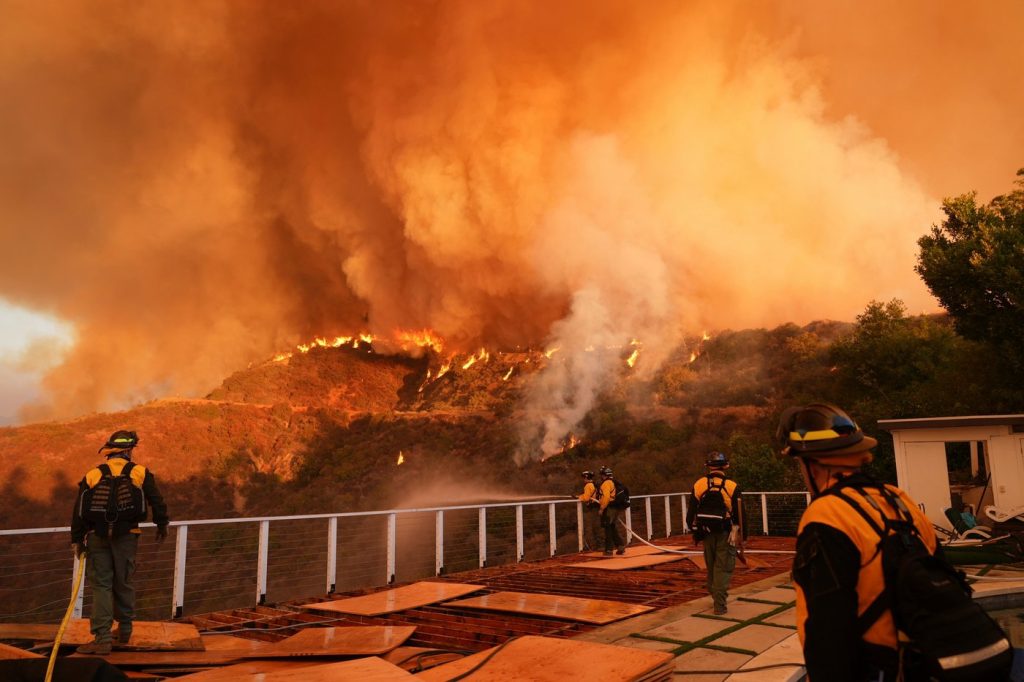The world has undergone significant changes since the Paris climate agreement was celebrated a decade ago, but the outcomes have not met the expectations of leaders and scientists. The planet's warming has accelerated, with more severe impacts occurring faster than anticipated due to society's ongoing reliance on fossil fuels such as coal, oil, and natural gas, which are major sources of carbon pollution.
Although some progress has been made—specifically, future warming projections have decreased by more than a degree Celsius (2 degrees Fahrenheit) since 2015—diplomats are gathering in Belem, Brazil, for the annual United Nations climate negotiations, focusing on the insufficient pace of change. Johan Rockstrom, director of the Potsdam Institute for Climate Research, emphasized the urgency, noting that the harmful consequences of climate change are more severe and accelerated than scientists had predicted.
Despite the setbacks, diplomats remain hopeful. Christiana Figueres, former U.N. climate chief who played a critical role in the Paris agreement, expressed that the world is making progress toward the goals set in 2015, albeit at an unanticipated slow pace. Rockstrom acknowledged that the gap between current progress and the necessary actions is widening.
Recent data reveals alarming trends in global temperatures; since 2015, the planet's annual temperature has risen approximately 0.46 degrees Celsius (0.83 degrees Fahrenheit), marking one of the highest ten-year temperature increases on record. This year is projected to be among the two or three hottest ever recorded, consistently surpassing the temperatures noted in the year of the Paris agreement. Extreme heat waves have impacted regions traditionally considered temperate, including the Pacific Northwest and Siberia, alongside traditional hotspots in India and the Middle East.
Additionally, the last decade has witnessed an increase in extreme weather events, including hurricanes, floods, and wildfires across various parts of the world. In the United States alone, there have been 193 weather disasters costing at least $1 billion each, totaling around $1.5 trillion. Significant ice loss has also been reported, with over 7 trillion tons disappearing from glaciers and ice sheets in regions such as Greenland and Antarctica since 2015, equivalent to over 19 million Empire State Buildings.
Sea level rise is another critical concern, accelerating at a rate that signifies serious threats to coastal regions. In the past decade, global sea levels have increased by 40 millimeters (1.6 inches), enough water to fill 30 Lake Erie-sized lakes. The Amazon rainforest, once regarded as a valuable carbon sink, has transitioned to a region that at times emits more carbon due to extensive deforestation.
On a more positive note, advancements in renewable energy have been notable over the past decade. Renewable energy sources like wind and solar have become more affordable than fossil fuels in many areas. In 2022, a remarkable 74% of new global electricity generation came from green sources. The global market for electric vehicles has also experienced tremendous growth, with sales rising from 500,000 in 2015 to 17 million last year.
Despite this progress, the world remains significantly off track in curbing emissions. Methane levels have risen by 5.2% between 2015 and 2024, while carbon dioxide levels increased by 5.8%. While developed nations have seen a decrease in carbon emissions by about 7% since 2015, other countries, particularly China and India, have experienced substantial increases, with emissions rising by 15.5% and 26.7%, respectively. This disparity highlights the challenge of achieving equitable climate action globally.
Experts contend that while the Paris Agreement has not fulfilled its potential, it has also not resulted in complete failure. Continued efforts are necessary to bridge the gap between current emissions and the urgent need for drastic reductions to combat climate change effectively. As these discussions unfold in Belem, the future of global climate action hangs in the balance.











